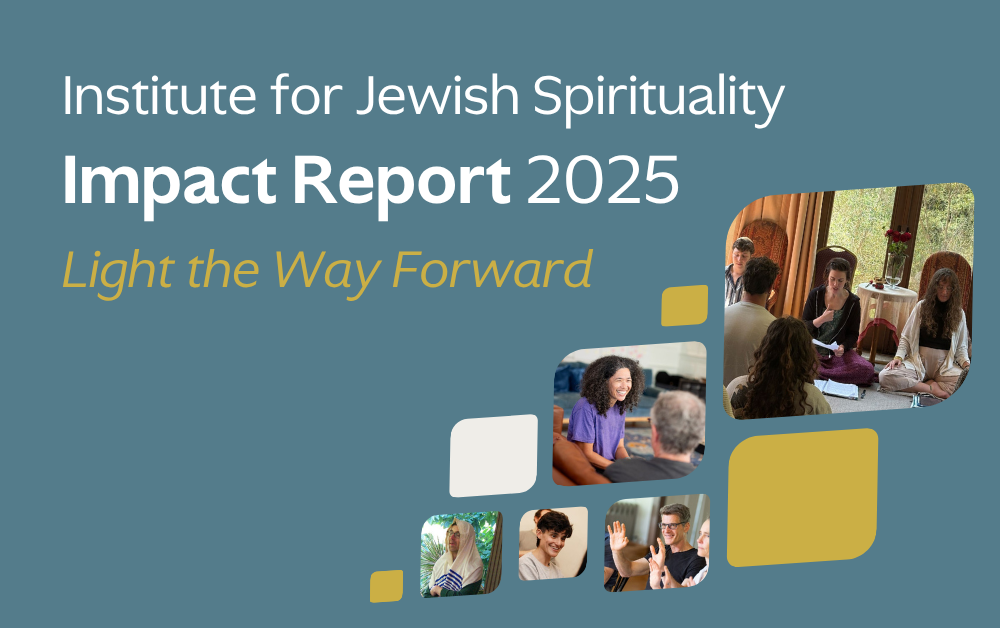On Monday I had the rare opportunity to attend two funerals of women who died well into their 90s. They happened to know each other, they were both matriarchs of families with whom I’ve enjoyed long friendships, and they even shared the same first name (though spelled differently: Rheta Shapiro and Rita Mendelsohn). It’s not every day such a thing occurs.
I have always found funerals in Elul to be particularly poignant. Many of us are already engaged, to a greater or lesser degree, in spiritual reflection as we prepare for the High Holidays. As the seasons change, as children head back to school, as the sense of so many different new years arises, I find myself entering some deep grooves of memory—thinking and feeling backwards and forwards, feeling the legacies of ancestors and considering what I’m creating and bequeathing as an ancestor myself. In other words: Heshbon hanefesh, spiritual accounting. ‘Tis the season, after all.
Rita Mendelsohn’s funeral was led by her son-in-law, Rabbi Marty Lockshin. In his eulogy, he spoke of the mitzvah of sending away the mother bird when gathering eggs from a nest, which we find in this week’s parashah. Marty cited the 19th Century Italian commentator, Rabbi Shmuel David Luzzato (known by his acronym, Shadal), who observes that most of the time a bird will fly away when humans approach. (Any child who has ever playfully shooed away pigeons in the city will know that.) But a mother bird won’t fly away: She’ll stay to protect her eggs, a reflection of the deep bond to which we might all aspire in our loving relationships.
In his comments on the verse, Rashi focuses on the unusual assurance that observing this mitzvah will result in “lengthening of days.” If a “simple” or “light” mitzvah (mitzvah kalah), which involves no element of expense on your part, yields such a reward, all the more so with a mitzvah that does. Rabbi Avraham Mordechai Alter of Ger (1865-1948) observes that there are many other mitzvot that don’t involve expense, yet they are not referred to as “simple” or “light.” So why is this one? “Because it involves no preparation,” he says. As the Torah puts it, this mitzvah applies “If you chance upon a bird’s nest” (Deut. 22:6). Thus the definition of a “light” or “simple” mitzvah is one that requires no preparation—while weightier ones do.
Of course, the lines can become blurry. Yes, building a sukkah requires preparation and intention. So does making Shabbat dinner, or blowing the Shofar, or reading from the Torah. But one could argue that sending away the mother bird itself requires some preparation: moral preparation, to recognize the situation and not simply kill the mother bird—cruelly taking advantage of her own vulnerability which is the result of her innate desire to protect her chicks—and then take the eggs. And, in the reverse, there can be moments of illumination and epiphany, moments when we haven’t prepared, but life seemingly summons us to do something of significance.
Yet the Talmud reminds us, Ein somchin al hanes, “We don’t rely on miracles.” That’s why we plan and prepare. In Elul “the King is in the field,” the atmosphere is laden with the spirit of reflection and preparation. It’s a time to be considering the stories we hope will be told years from now as we’re remembered by loved ones, to make changes in our lives to live in alignment with those stories, and to repair the relationships with those who might tell them long into the future.


